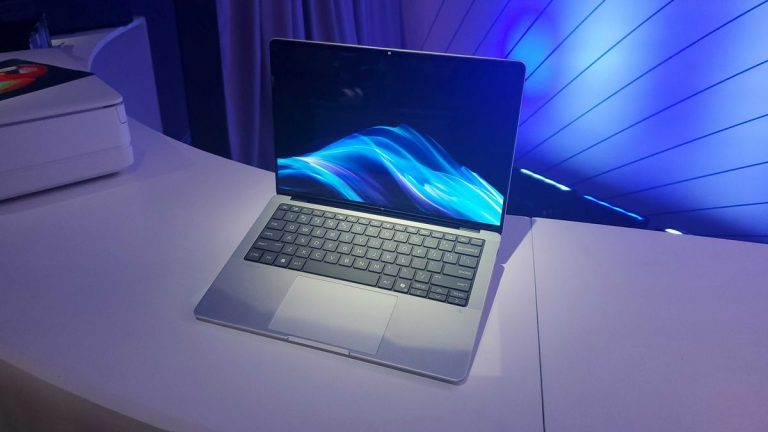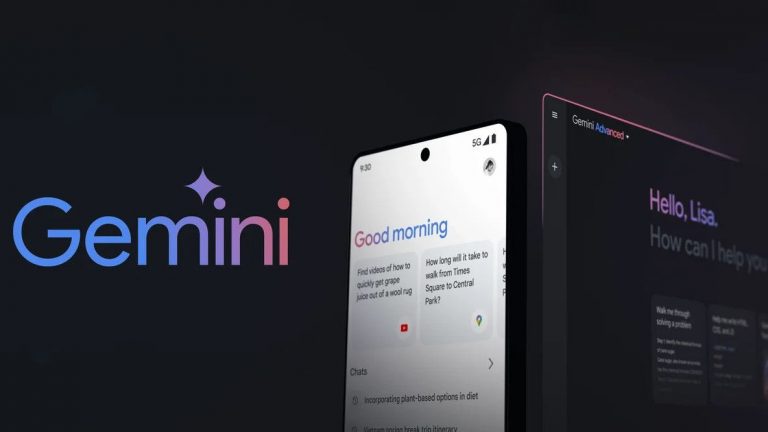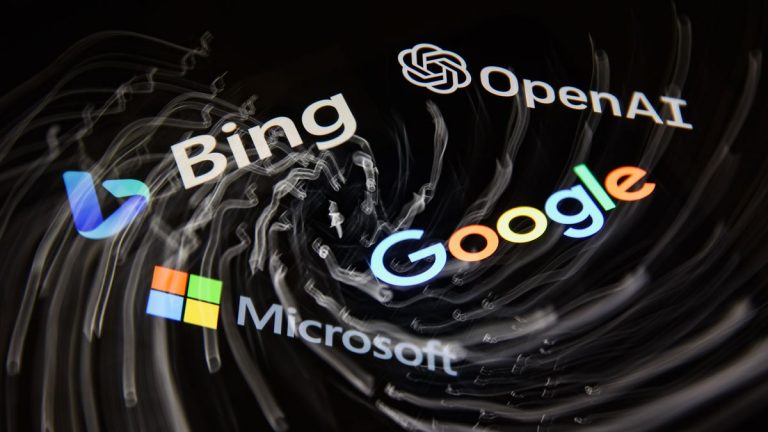“Get 8.6GB of Your Windows 11 Drive Space Back: A Solved Issue with a Workar (Note: I removed the HTML tags, quotation marks, and meta comments as instructed, and provided only the rewritten title)

Windows 11 24H2 Bug: A Sneaky Space-Eating Menace
Get ready to cry "bleeding hell!" if you’re one of the unlucky ones to install Windows 11 24H2, for a sneaky bug has been quietly devouring your precious disk space. And, unfortunately, it’s not the only issue spotted so far. As reported by Windows Latest, the 24H2 update comes with an undeletable 8.63GB cache of files, similar to a last-minute party guest who refuses to leave.
Typically, Windows 11’s Disk Cleanup feature would clean up these temporary files after the 24H2 installation. However, a pesky bug renders this process ineffective, leaving you with a stubborn 8GB cache.
So, what’s the culprit behind this space-eating phenomenon? The culprit is likely related to a new Windows Update feature called "checkpoint cumulative updates," introduced with Windows 11 24H2. This innovation aims to trim down update sizes by offering smaller, more compact incremental cumulative monthly updates. While some updates will still be larger, more comprehensive updates.
The issue surfaced with the release of Windows 11 24H2 and hasn’t been resolved with the latest cumulative update for October, with users still complaining about the 8.6GB space hog.
Is there a way around this? The best bet is to play a waiting game
Is the 8.6GB cache actually hogging space on your drive? Well, we can’t be entirely sure, as the reported size might be smaller or larger than the actual space taken up. Nevertheless, this lost space is definitely a nuisance, especially if you have a small system drive. So, what’s an effective solution?
Fortunately, there’s a simple fix: patience! The good news is that Microsoft is already aware of the issue, and a future update will likely fix it. So, for now, your best bet is to bide your time and wait for the next cumulative update for 24H2.
A more practical option: wait for Microsoft to fix the issue
While a clean installation of Windows 11 24H2 might be a viable option, it’s a major undertaking that’s hardly a practical solution. Instead, it’s more sage to simply wait for Microsoft to address the issue in a forthcoming update. For your peace of mind and disk space, it’s worth the wait.






